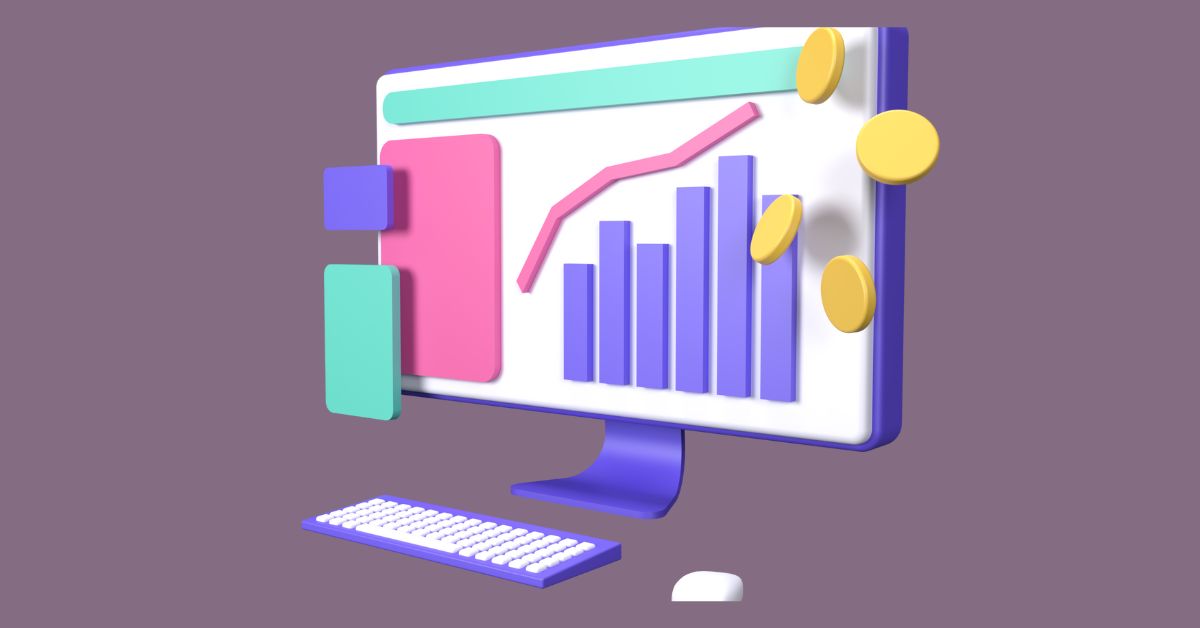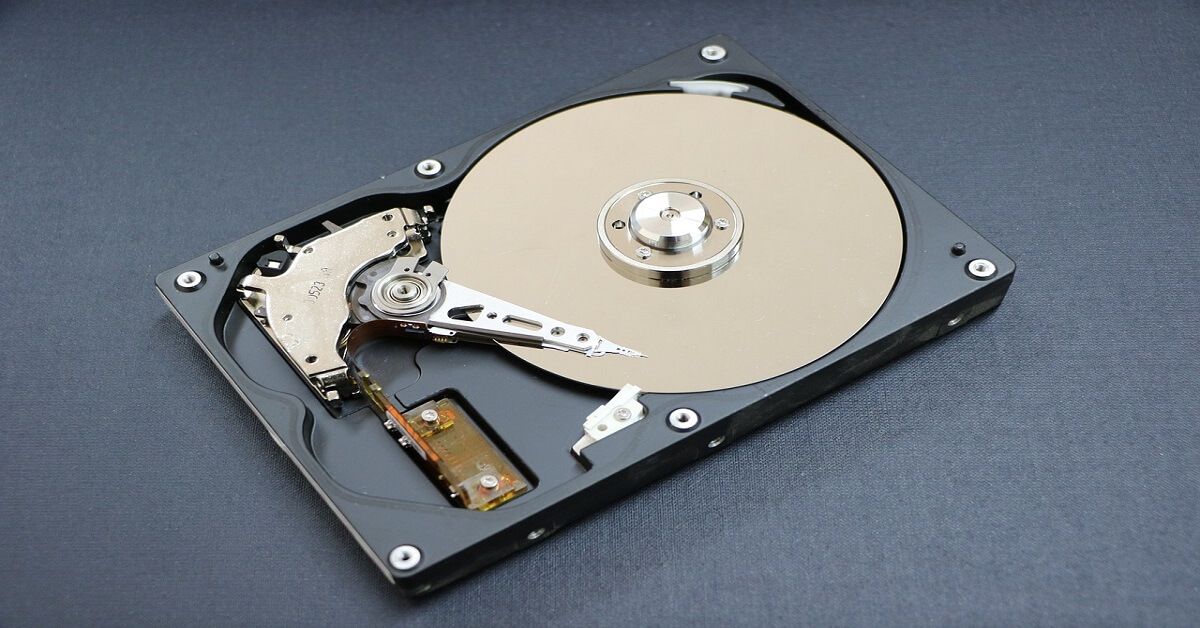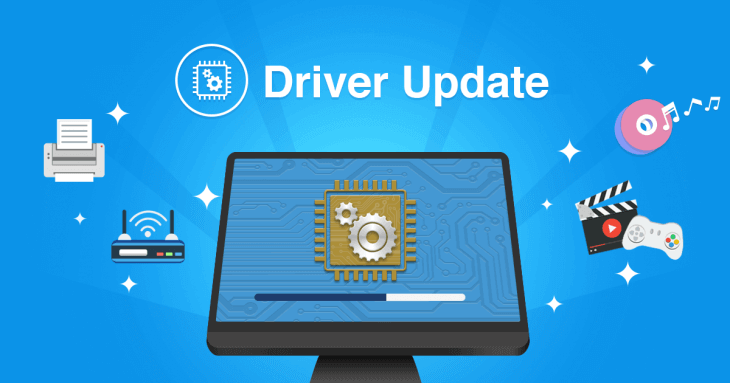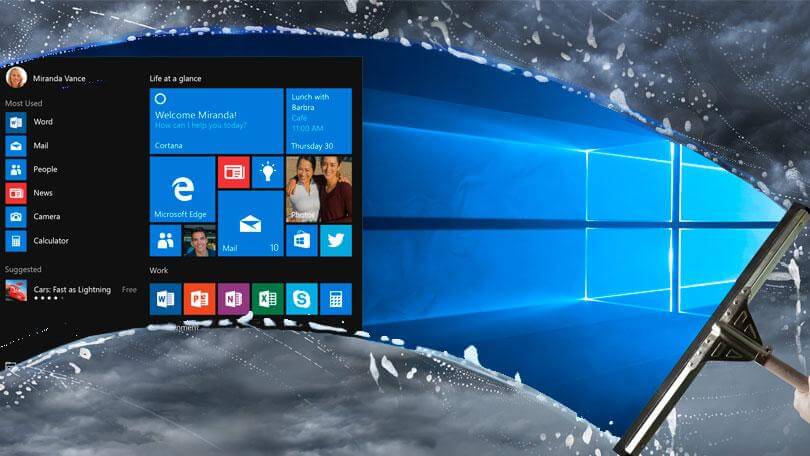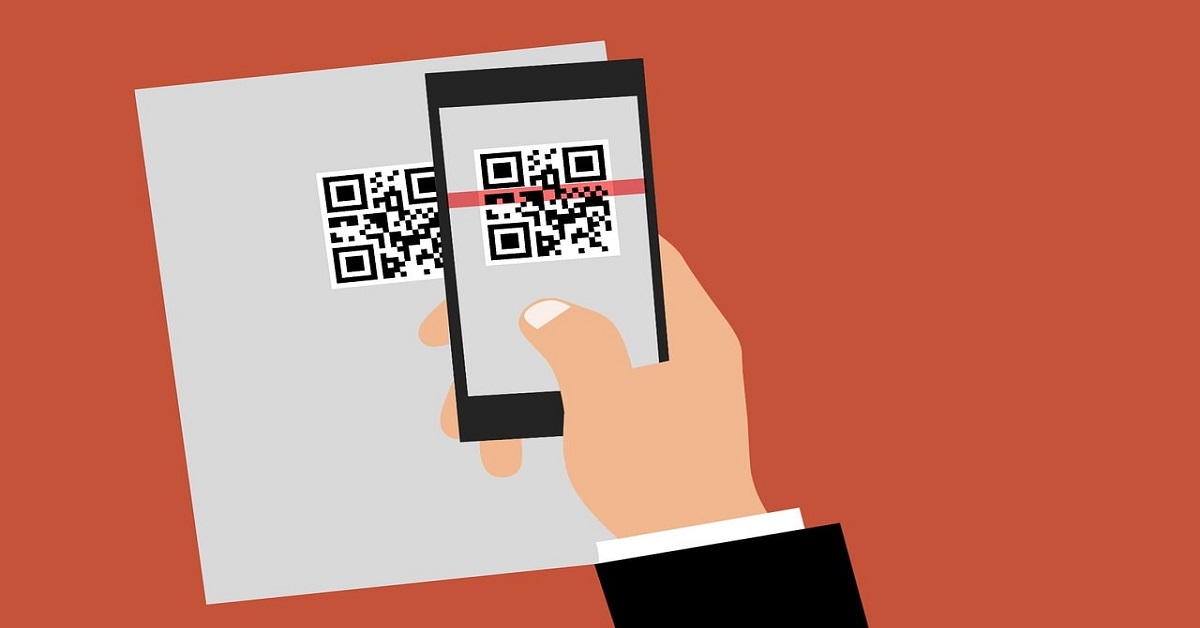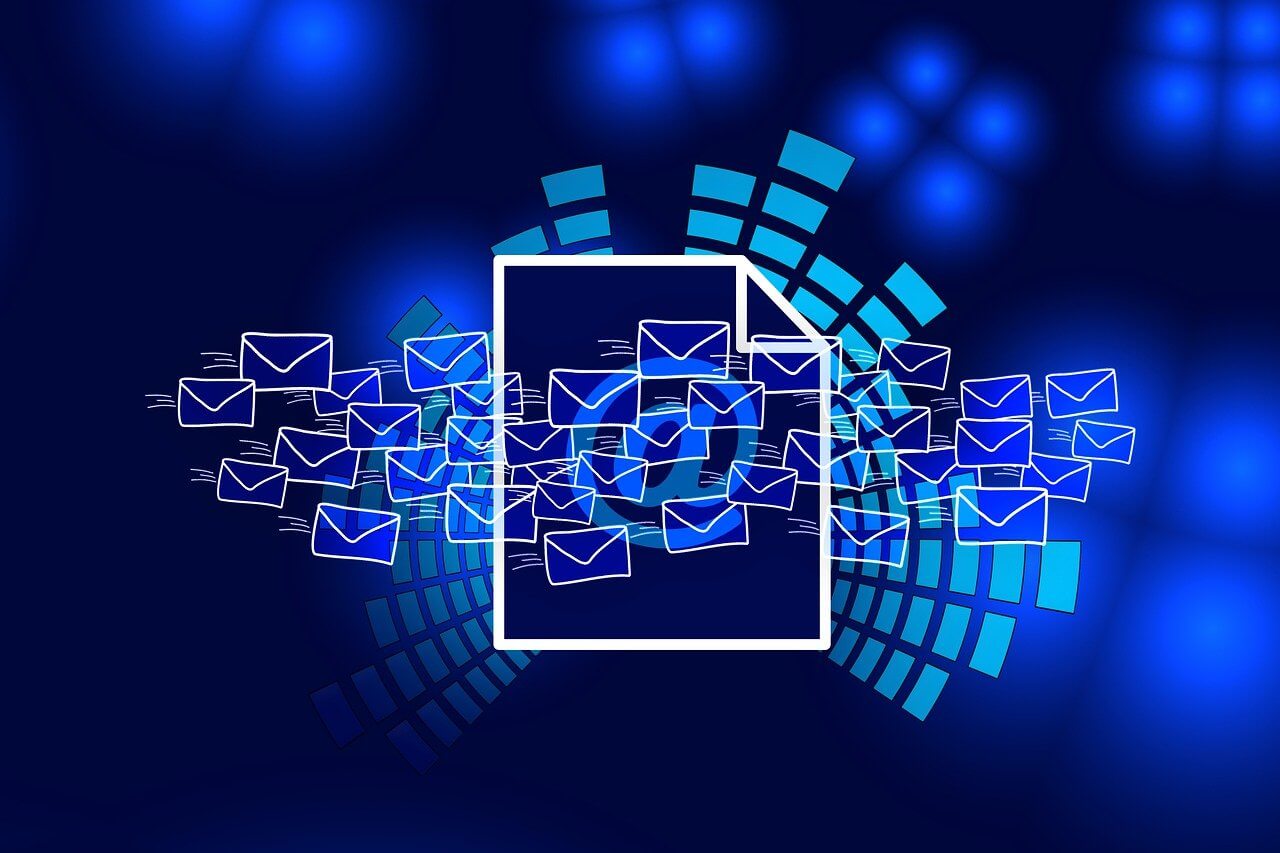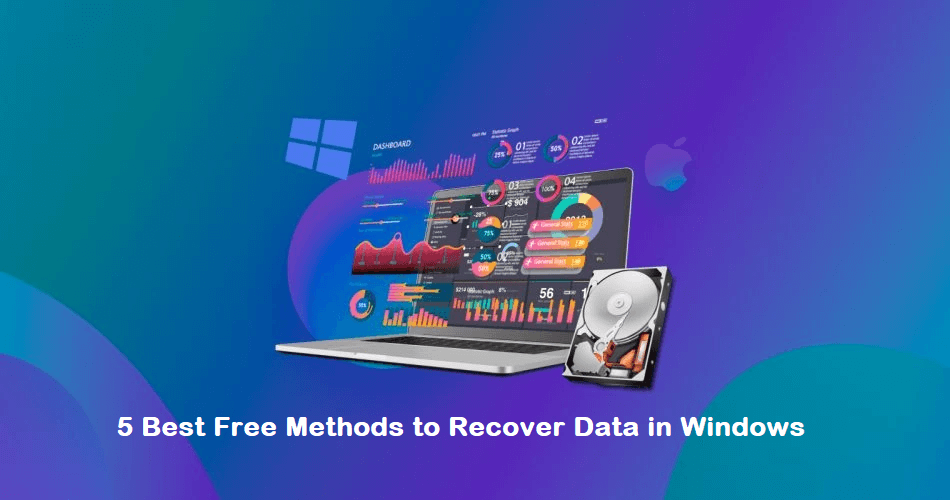Balancing Act: Liquidity Management in Modern Banking Using Tech
Liquidity Management is one of the most challenging topics in finance. The reason for this is that liquidity can be defined in many ways, depending on the type of industry and asset class being considered. Further complicating matters is that there are no universally accepted metrics for measuring liquidity risk in a given organization.
Still, there are some best practices that should be followed by all banks to ensure their operations remain stable even during times of market volatility or unexpected changes in customer behavior.
The Importance of Liquidity Management
Liquidity management is a key part of the banking business. It is about managing the bank’s cash flow, risk, and balance sheet. Banks must ensure that they have sufficient liquidity in order to meet their commitments such as lending money to borrowers or paying back depositors when they want to withdraw their savings. The objective of liquidity management is therefore to ensure that banks have enough funds available at all times so that they can continue operating smoothly even during times of stress or crisis.
Liquidity refers to the ease with which an asset can be converted into cash without any loss in value (i.e., selling it for less than its market price). Liquid assets include cash, government securities, and deposits with other banks; illiquid ones include property loans and mortgages secured by real estate collateral such as houses or apartments.
Challenges in Modern Banking
Liquidity management is a critical task for modern banks, especially in the context of Digital banking transformation. The challenges that today’s financial institutions face in this area can be divided into three categories: regulatory framework and compliance, technology’s role in liquidity management, and strategies for effective liquidity management.
Regulatory Framework and Compliance
Regulators are increasingly focusing on banks’ ability to manage their balance sheets effectively, a trend that will continue as the global economy recovers from the recent financial crisis. This focus includes determining whether banks have sufficient capital reserves to cover any losses they may incur during periods of market stress or recession (so-called “cushion” requirements). It also includes ensuring that banks have adequate policies in place regarding their asset holdings; these policies must comply with international standards set by organizations like Basel III International Working Group (Basel III).
Strategies for Effective Liquidity Management
- Banks’ management should have a clear understanding of their liquidity position at all times.
- The liquidity management process is continuous and needs to be monitored on a real-time basis, as well as periodically reviewed to ensure its effectiveness.
- Liquidity management is an integral part of banking and requires close attention from senior executives within the organization, including board members who oversee risk management functions such as treasury activities.
- It has become clear that effective liquidation strategies are essential for financial stability in today’s complex global markets because they can help avoid sudden disruptions in funding markets caused by illiquidity or insolvency problems among financial institutions that could lead to contagion effects throughout the economy (e., “systemic risk”).
Regulatory Framework and Compliance
Banks and other financial institutions are facing a rapidly changing regulatory environment. The financial crisis and subsequent regulatory changes have required banks to implement new systems and processes for monitoring liquidity, which can be both expensive and time-consuming. Banks need to manage their liquidity risk as efficiently as possible while remaining compliant with regulations such as Basel III and Dodd-Frank Act in the US, among others.
Liquidity management is no longer just an issue related to the size of loans or deposits held by a bank; it has become an integral part of everyday business operations. Banks must ensure they have sufficient cash available at all times so they can meet their obligations without disruption or delay even during times when markets are volatile or illiquid (such as during periods of market stress).
Technology’s Role in Liquidity Management
Technology is a key enabler for effective liquidity management. It helps to automate the process of managing liquidity, which makes it easier to identify and mitigate risk. Technology can also improve liquidity risk management by providing accurate data on how your institution is using its funds at any given time.
For example, if you’re looking for funding options for a new project but don’t want to commit all of your cash reserves at once, technology can help you manage these funds using short-term investments instead of taking out loans or issuing bonds that lock up capital longer than necessary (and cost more).
The banking industry has undergone a massive transformation over the last decade, but one thing remains constant: liquidity management is still a critical part of every bank’s operations. Liquidity is what allows banks to provide loans and other services while keeping enough cash on hand at all times so that customers can withdraw funds from their accounts without any problems or delays.
In today’s competitive marketplace, having access to sufficient liquidity is more important than ever before because it gives banks an edge over their competitors when it comes time for customers to choose which institution will handle their finances. However, managing this balance between having enough cash in reserve while still being able to fund loans requires careful planning on behalf of financial institutions so that they don’t run out of money unexpectedly!
Popular Post
Recent Post
How to Troubleshoot Xbox Game Bar Windows 10: 8 Solutions
Learn how to troubleshoot and fix issues with the Xbox Game Bar not working on Windows 10. This comprehensive guide provides 8 proven solutions to resolve common problems.
How To Record A Game Clip On Your PC With Game Bar Site
Learn how to easily record smooth, high-quality game clips on Windows 11 using the built-in Xbox Game Bar. This comprehensive guide covers enabling, and recording Game Bar on PC.
Top 10 Bass Booster & Equalizer for Android in 2024
Overview If you want to enjoy high-fidelity music play with bass booster and music equalizer, then you should try best Android equalizer & bass booster apps. While a lot of these apps are available online, here we have tested and reviewed 5 best apps you should use. It will help you improve music, audio, and […]
10 Best Video Player for Windows 11/10/8/7 (Free & Paid) in 2024
The advanced video players for Windows are designed to support high quality videos while option to stream content on various sites. These powerful tools support most file formats with support to audio and video files. In this article, we have tested & reviewed some of the best videos player for Windows. 10 Best Videos Player […]
11 Best Call Recording Apps for Android in 2024
Whether you want to record an important business meeting or interview call, you can easily do that using a call recording app. Android users have multiple great options too. Due to Android’s better connectivity with third-party resources, it is easy to record and manage call recordings on an Android device. However it is always good […]
10 Best iPhone and iPad Cleaner Apps of 2024
Agree or not, our iPhones and iPads have seamlessly integrated into our lives as essential companions, safeguarding our precious memories, sensitive information, and crucial apps. However, with constant use, these devices can accumulate a substantial amount of clutter, leading to sluggish performance, dwindling storage space, and frustration. Fortunately, the app ecosystem has responded with a […]
10 Free Best Barcode Scanner for Android in 2024
In our digital world, scanning barcodes and QR codes has become second nature. Whether you’re tracking packages, accessing information, or making payments, these little codes have made our lives incredibly convenient. But with so many barcode scanner apps out there for Android, choosing the right one can be overwhelming. That’s where this guide comes in! […]
11 Best Duplicate Contacts Remover Apps for iPhone in 2024
Your search for the best duplicate contacts remover apps for iPhone ends here. Let’s review some advanced free and premium apps you should try in 2024.
How To Unsubscribe From Emails On Gmail In Bulk – Mass Unsubscribe Gmail
Need to clean up your cluttered Gmail inbox? This guide covers how to mass unsubscribe from emails in Gmail using simple built-in tools. Learn the best practices today!
7 Best Free Methods to Recover Data in Windows
Lost your data on Windows PC? Here are the 5 best methods to recover your data on a Windows Computer.
